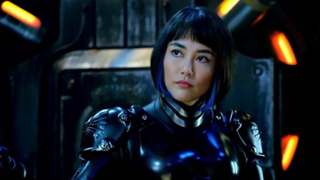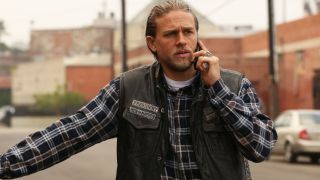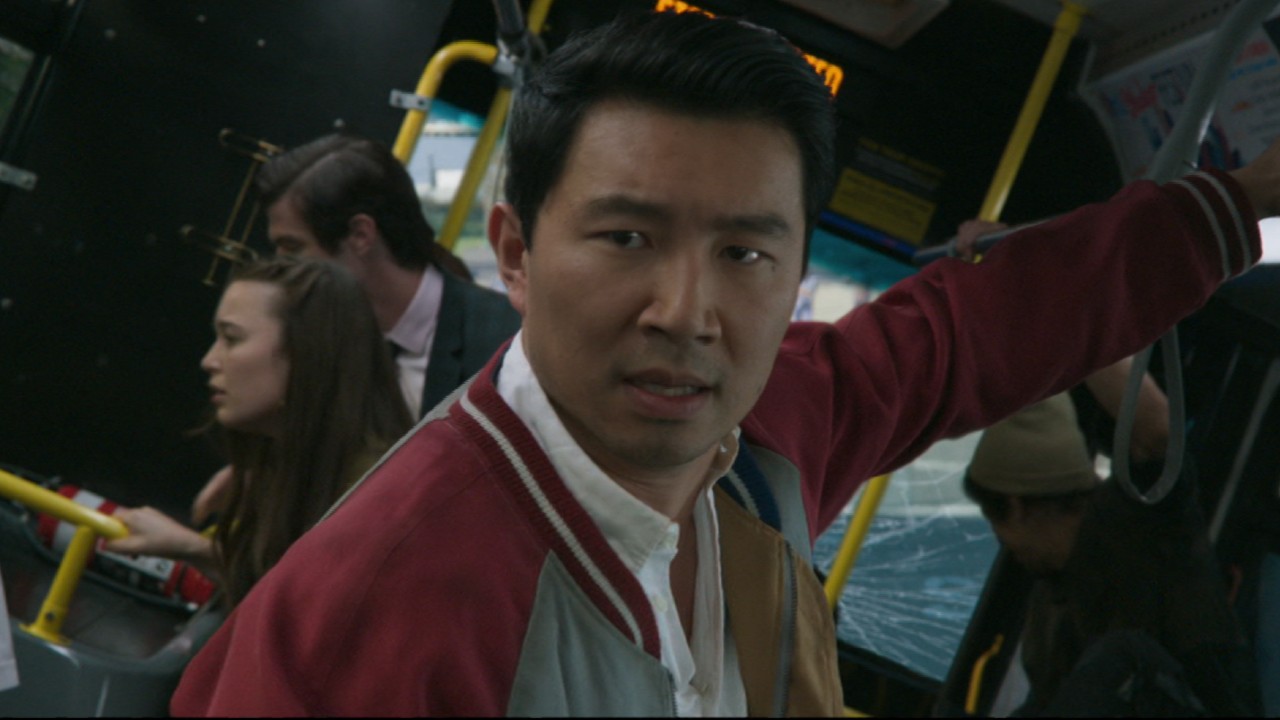Pacific Rim
Latest about Pacific Rim
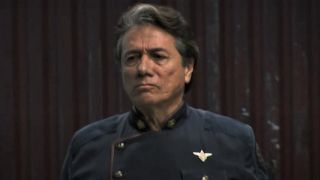
32 Movies And TV Shows About The Military Set In The Future
By Hugh Scott published
Fall in line and get to work, we're going to the future
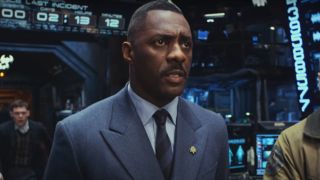
I'm Excited That Pacific Rim's TV Show Has A New Home, But There's Some Kaiju-Sized News That Has Me Even More Amped
By Mike Reyes published
Good news has crossed The Breach!
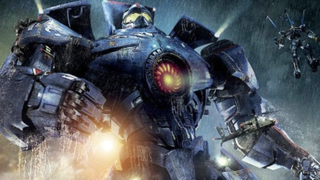
Pacific Rim Is Now Getting A TV Prequel, And I Have A Good Idea What The Story Might Cover
By Mike Reyes published
Pacific Rim is headed to TV, and its prequel intentions feel like a slam dunk when it comes to what we now about the series' history.
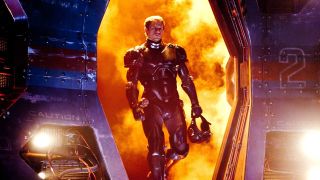
Charlie Hunnam and Legendary Have Been Bullish About Pacific Rim 3. How The Franchise May Come Back In An Unexpected Way
By Mike Reyes published
Pacific Rim 3 just might be happening after all, and in a method that's unexpected but absolutely welcomed!
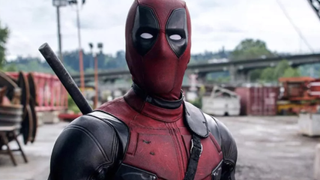
32 Non-MCU Movies With Great Post-Credits Scenes
By Dirk Libbey published
Not every great post-credits scene comes from the Marvel Cinematic Universe. Here are 32 examples of great post-credit scenes.
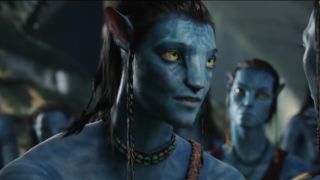
32 Main Characters That Are The Worst Part Of Their Own Movies
By Jason Wiese published
Not every "main" character is the best character in their own movie and, in my opinion, these roles serve as proof.
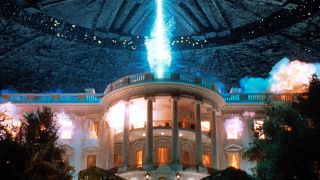
32 Things That Might Happen If You Exist In An Alien Invasion Movie
By Jason Wiese published
We watched some of the all-time best alien invasion movies and came up with a survival guide if such a thing happens to you.
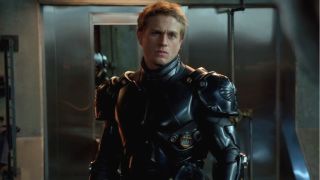
Charlie Hunnam Revealed The One Thing That Would Make Him Say Yes To Pacific Rim 3, And I Couldn’t Love This Answer More
By Mike Reyes published
Pacific Rim 3 only needs one ingredient to bring actor Charlie Hunnam back to the table...and I can't blame him for wanting this.
Your Daily Blend of Entertainment News
